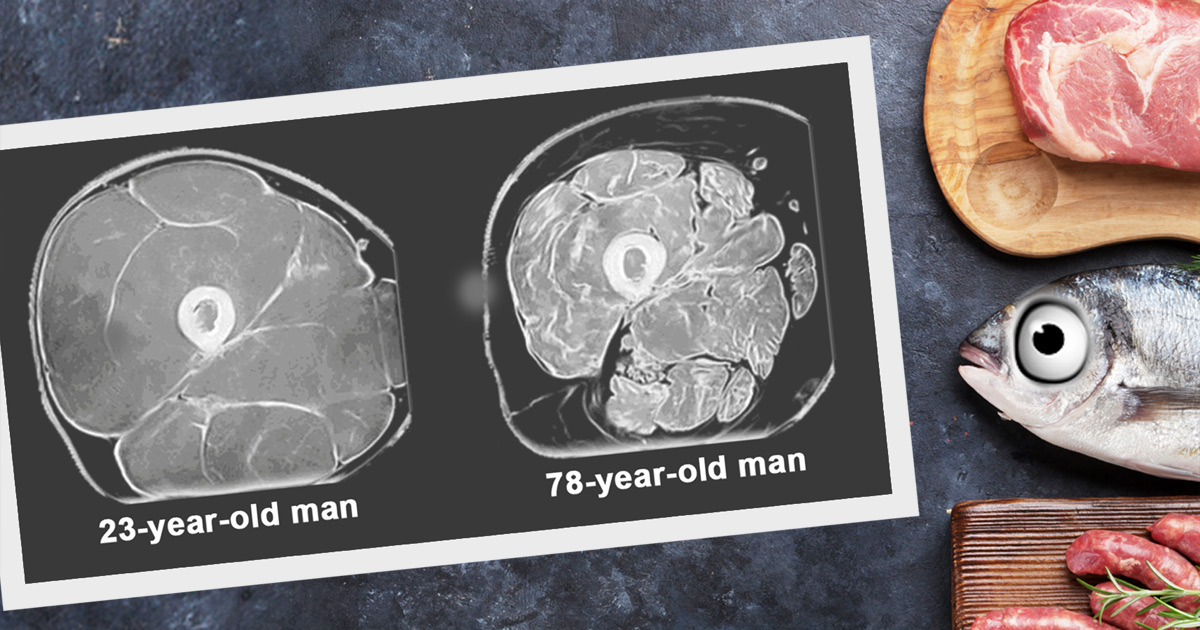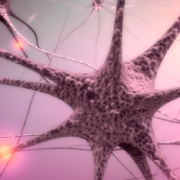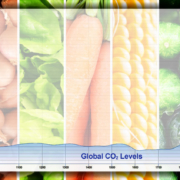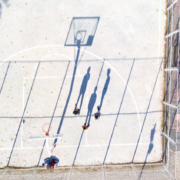Protein Intake: Perspective Required
The research paper that concluded that higher protein intake was associated with muscle loss and sarcopenia seems to offer more questions than answers. That’s actually a good thing, because future research can examine those questions. But there are questions that the researchers didn’t mention.
Researcher Observations
This is an observational study. Simply put, the subjects who completed all the tests were followed for several years, depending on when they joined the study. Therefore, no cause and effect can be inferred because the researchers were watching, not intervening.
The original number of subjects with sarcopenia was low at just 4.3%. With so many subjects over 72, the number should have been closer to 10%. The researchers acknowledged as much. If the study’s subjects had less sarcopenia than the general population, it’s hard to draw conclusions that are helpful to everyone.
My Observations
The single characteristic most closely associated with loss of muscle mass and sarcopenia was age. Protein intake was a covariate for sarcopenia but it was actually in the middle of the pack as a risk; a covariate is a separate attribute that can be measured alongside the primary variable being investigated.
The study included limited data on diet and exercise. I would expect that not very many subjects were exercising at levels high enough to sustain or increase muscle mass. That conflicts with the research data from clinical trials that show that increasing protein intake in older subjects on a weight training program increases strength and muscle mass.
What stood out more than anything was the limited amount of testing for sarcopenia and the mixed bag of testing procedures. If it’s such a problem, which every researcher in aging admits is the case, why aren’t there better diagnostic tools available to diagnose the condition? How can physicians treat a disease they aren’t diagnosing?
The Bottom Line
There is no reason to worry about protein intake as we get older based on this observational study. What we need to do is begin to retain muscle mass or reclaim our muscle through resistance training, better protein intake, and the strategic use of supplements. If you’re interested in a program to do just that, the Taking Back Your Muscle is still available on my website.
What are you prepared to do today?
Dr. Chet
Reference: https://academic.oup.com/ageing/article/52/2/afad018/7036280









